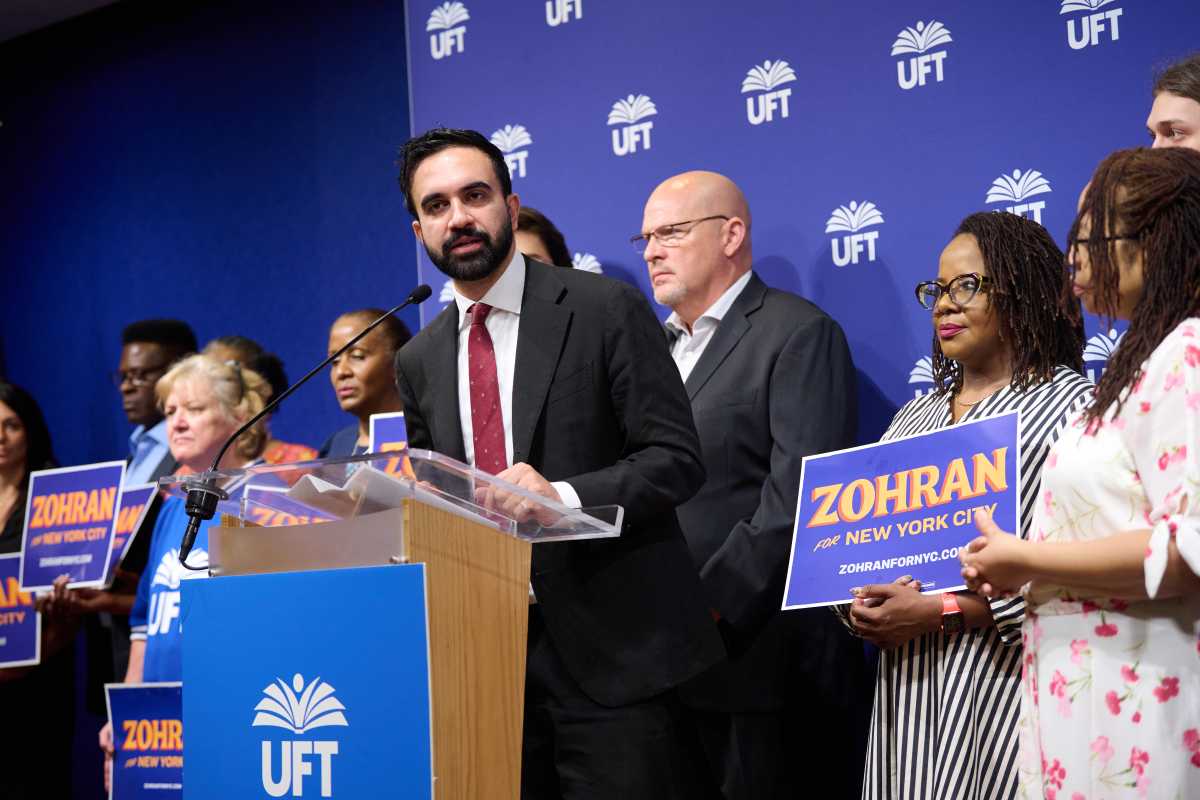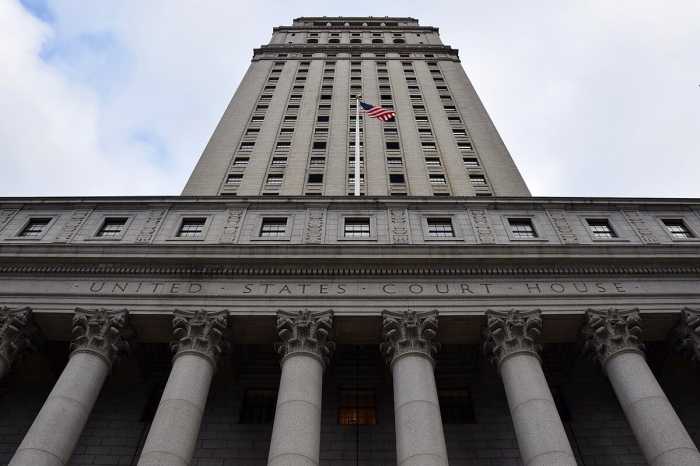Adrian Edwards-Smith is the Director of Advocacy for the Disabled NYC.
We take it for granted that senior, student, and veteran New Yorkers are entitled access to most cultural establishments — including cinemas, museums, stage productions, etc — either for free, or at significantly discounted rates. The ability for any person, regardless of financial hardship, or physical disability, to enrich themselves intellectually and culturally is a hallmark of a progressive, civil society, and we in the United States naturally regard these modest concessions, offered to a select group of our most vulnerable citizens, as a baseline of common human decency. With that in mind, we need to ask ourselves why that short list of vulnerable people omits some of the city’s most financially and physically challenged residents.
I created my group Advocacy for the Disabled to support New Yorkers living on US Federal Disability in late June, 2018. That month, I met with Mayor Bill de Blasio and Victor Calise, Commissioner of the New York City Mayor’s Office for People with Disabilities, and I asked them that same question — why offer discounts to seniors, students, and veterans, but not the disabled? The mayor and Calise, working in partnership with City Parks Commissioner Mitchell Silver, had recently crafted new policies that reduced municipal gym and swimming pool memberships for disabled patrons from $150 to $25, and I believed that the de Blasio administration would serve disabled New Yorker’s as a champion in their mission to live full and joyful lives.
So imagine my surprise and disgust when the mayor called the idea “silly,” and said the city would never support such an initiative.
I left the meeting feeling outraged, and immediately set to work on turning this “silly” idea into a reality. I made appointments with borough presidents Gale Brewer, Melinda Katz and Eric Adams, and I sat with council members Corey Johnson, Mark Levine, Jimmy Van Bramer, Helen Rosenthal, Laurie Cumbo, Robert Holden, and Ydannis Rodriguez. I met with Attorney General Leticia James, and discussed the issue with senators Chuck Schumer and Kirsten Gillibrand. I broke bread with congress members Jerrold Nadler, Hakeem Jeffries, Adriano Espaillat, Carolyn Maloney, Sean Patrick Maloney, and Yvette Clark, and I spoke with various members of the New York State Senate and Assembly.
All these representatives of the people — with the exception of only a few elected officials — told me that they had no interest in supporting this common sense proposal, claiming disabled New Yorkers should have no special privileges or discounts, even when it came to cultural institutions specifically run by the city and funded by the tax payers.
I plodded on, with no staff, financial aid, or support, this time making appointments with every museum director, cinema owner, and Broadway producer in New York City, and asked them the same question I asked de Blasio — why not include the disabled along with veterans, students, and seniors?
Again I was surprised — this time pleasantly. My proposal was met with near universal support, as businesses and institutions embraced this idea of inclusion. When I explained to them that Bill de Blasio and his inner circle opposed this idea, many replied to say that, thankfully, they didn’t work for the mayor.
As of Jan 2020, I have personally secured every Museum in New York City to offer free, or discounted entry to disabled visitors, with the exception of those institutions, such as the Metropolitan Museum of Art, the 911 Memorial Museum, the Intrepid Museum, and the New York Historical Society, which are managed by the city. These stand in stark contrast to MOMA, the Whitney, the Guggenheim, the Jewish Museum, Asia Society, Cooper Hewitt, and many others. I have agreements with every cinema in New York City except Regal, AMC Cinemas, and Cinepolis, along with all Broadway and off-Broadway productions.
And as the public sector ironically outpaces the government of one of the country’s self-proclaimed “progressive enclaves” in protecting the rights of disabled New Yorkers, only one brave, bold, and honest city Democrat stood with the disabled — State Sen. Robert Jackson.
Jackson has introduced two bills into the state legislature that would radically enhance the lives of disabled New Yorkers. The first, S.6447, would include a discrete disability designation on state-issued ID cars, ensuring people who suffer from inconspicuous disabilities can access services. The other, S.7097, would require any business or establishment that offers discounts to students, seniors, and veterans to extend those savings on to disabled patrons.
Now as the upcoming federal elections loom in 2020, and with city elections on the horizon in 2021, disabled voters will remember the elected officials who stood with de Blasio against them:
• Congresswoman Carolyn Maloney – aligned with Bill de Blasio (re-election)
• Congressman Jerrold Nadler – aligned with Bill de Blasio (re-election)
• Congressman Adriano Espaillat – aligned with Bill de Blasio (re-election)
• Councilman Corey Johnson – aligned with Bill de Blasio, and wishes to be Mayor of NYC
• Councilman Jimmy Van Bramer – aligned with Bill de Blasio, and wishes to be Queens BP
• Councilman Mark Levine – aligned with Bill de Blasio, and wishes to be Manhattan BP
• Councilwoman Helen Rosenthal – aligned with Bill de Blasio, and wishes to be Comptroller
Adrian Edwards-Smith can be reached at adrianedwardsnyc@gmail.com





















